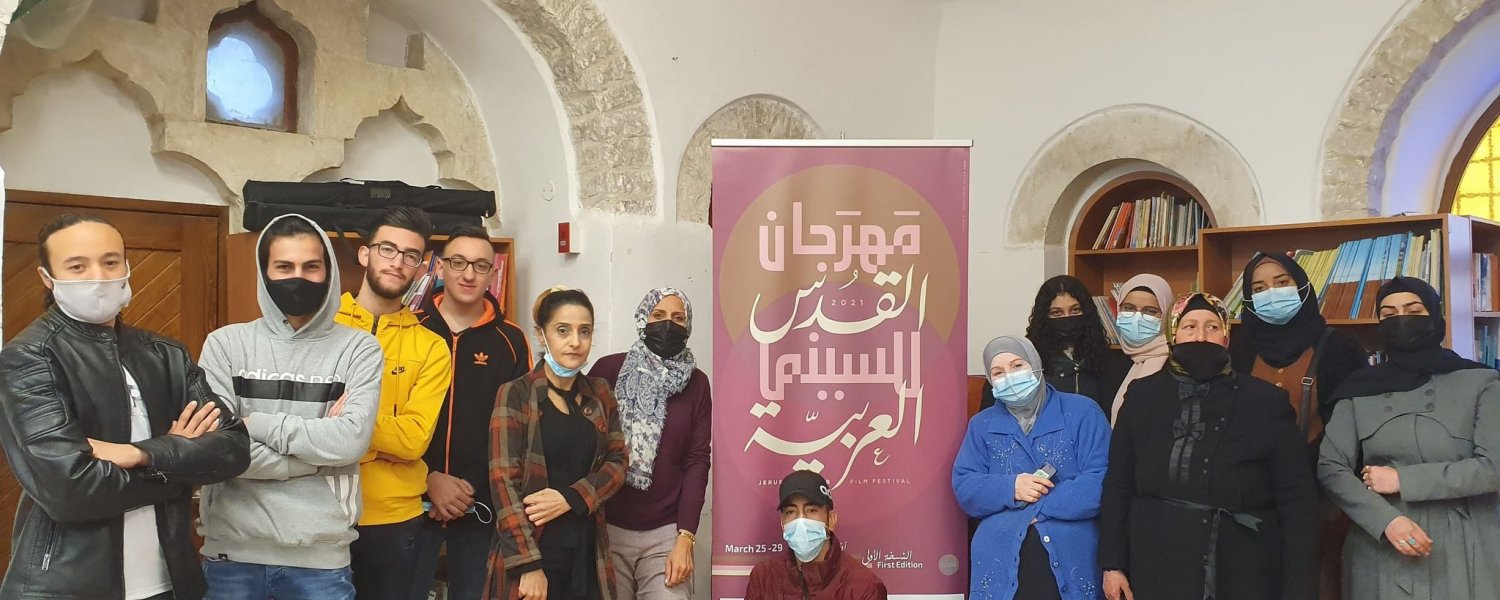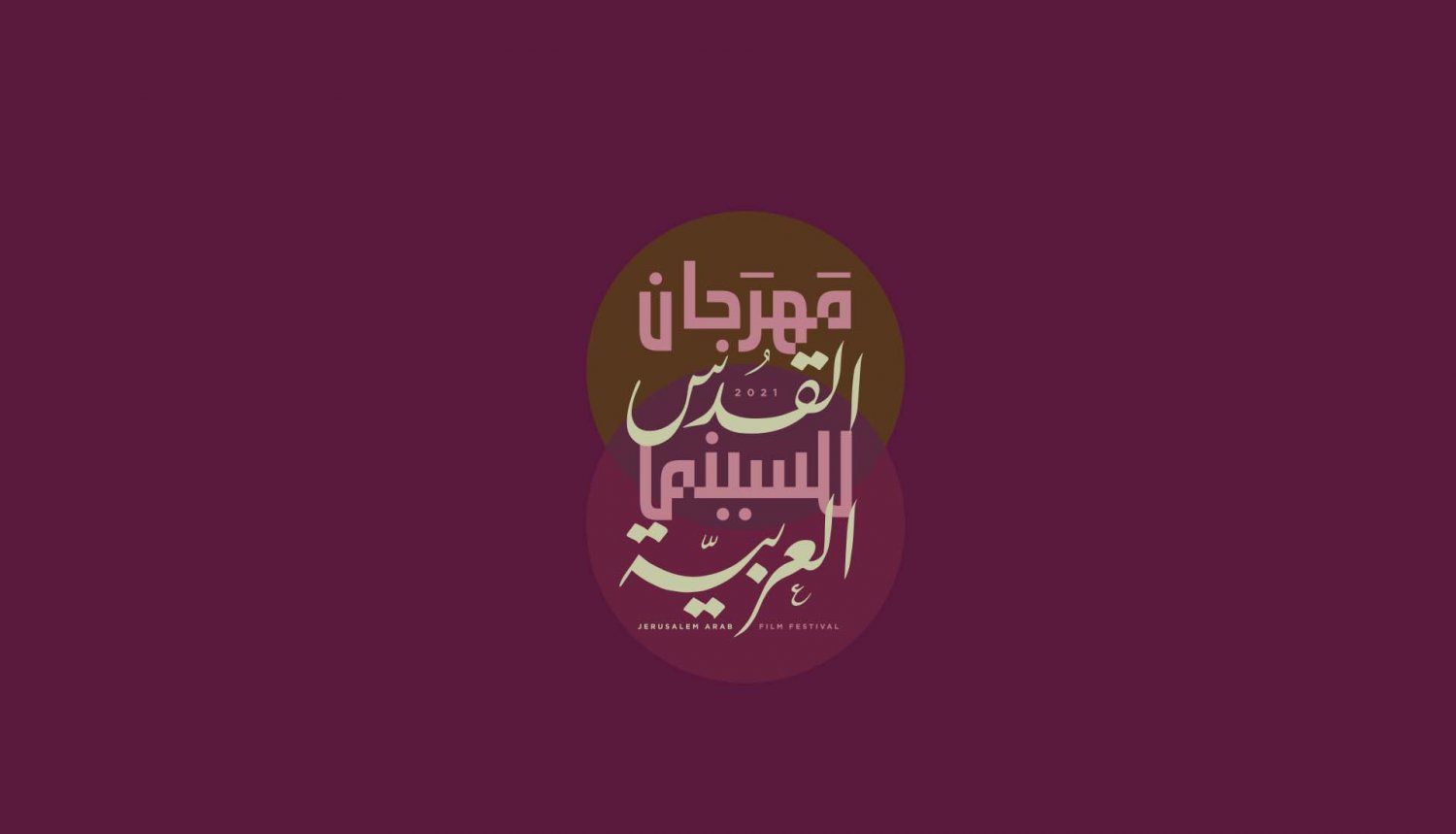Much like in sophisticated regional and international film festivals, the JAFF offered prizes in three categories (narrative feature, documentary feature, and short films) that were selected by an impressive list of jury members from Arab countries. It was important for JAFF to select credible juries for this first-time event. Elias Khlat, founder of Tripoli Film Festival, had a crucial role in assisting in the process.
In this respect, the narrative feature jury president was Palestinian Mohamad Keblawi (expert producer and director, as well as founder and general manager of the Malmo Arab Film Festival in Sweden). Jury members included Mai Masri (distinguished Palestinian filmmaker, director, and producer whose films received more than 90 international awards) and Amir Ramses (prominent Egyptian director and writer who is also the artistic director of El Ghouna Film Festival).
The festival’s grand jury prize for best narrative feature film went to the Tunisian film A Son [Bik Eneich], directed by Mehdi M. Barsaoui. A special mention went to Mohamed Nadif’s film from Morocco, The Women in Block J. Meanwhile, the Palestinian film 200 Meters won the prize for best narrative feature film. The film’s director, Ameen Nayfeh, who was present at the event, dedicated the film “to every person who has ever had to stand at Israeli checkpoints.”
As for the documentary feature film competition, the jury president was Hady Zaccak (Lebanese award-winning documentary maker, professor, and author on cinema). The jury members were Zeina Daccache (founder and executive director of the Catharsis Lebanese Center for Drama Therapy) and Hala Galal (Egyptian filmmaker, scriptwriter, and producer with expertise in local and international film festivals).
It is worth mentioning that in addition to the films listed above, also contending for this category was Not Just Your Picture, by Anne Paq and Dror Dayan, which documents the story of two young German Palestinian siblings whose family is killed by an Israeli airstrike during the attacks on Gaza.
The jury prize for best feature documentary film went to Ibrahim: A Fate to Define, by Palestinian Jordanian director Lina al-Abed, which was produced in several countries including Lebanon and Palestine. Meanwhile, Underdown from Lebanon, directed by Sarah Kaskas, won the best feature-length documentary.
Finally, the JAFF short film competition jury was headed by Anissa Daoud (talented Franco-Tunisian actress, author, and producer), Ely Dagher (prominent Lebanese director, screenwriter, and artist, who had been awarded the Short Film Palme d’Or at the 2015 Cannes Film Festival for Waves ’98), and Ola al-Skeikh (renowned Palestinian film critic who lives in the UAE).
The drama short I Am Afraid to Forget Your Face [Stacher] (by Sameh Alaa from Egypt) won the jury’s grand prize for best short film. This was not surprising, as the film had won various prominent awards, including the Palme d’Or at the Cannes Film Festival competition for short films. Meanwhile, the special prize of the jury in the short film category went to In Vitro (by Larissa Sansour from Palestine). Special mention went to the Lebanese film Omé, directed by Wassim Geagea.





